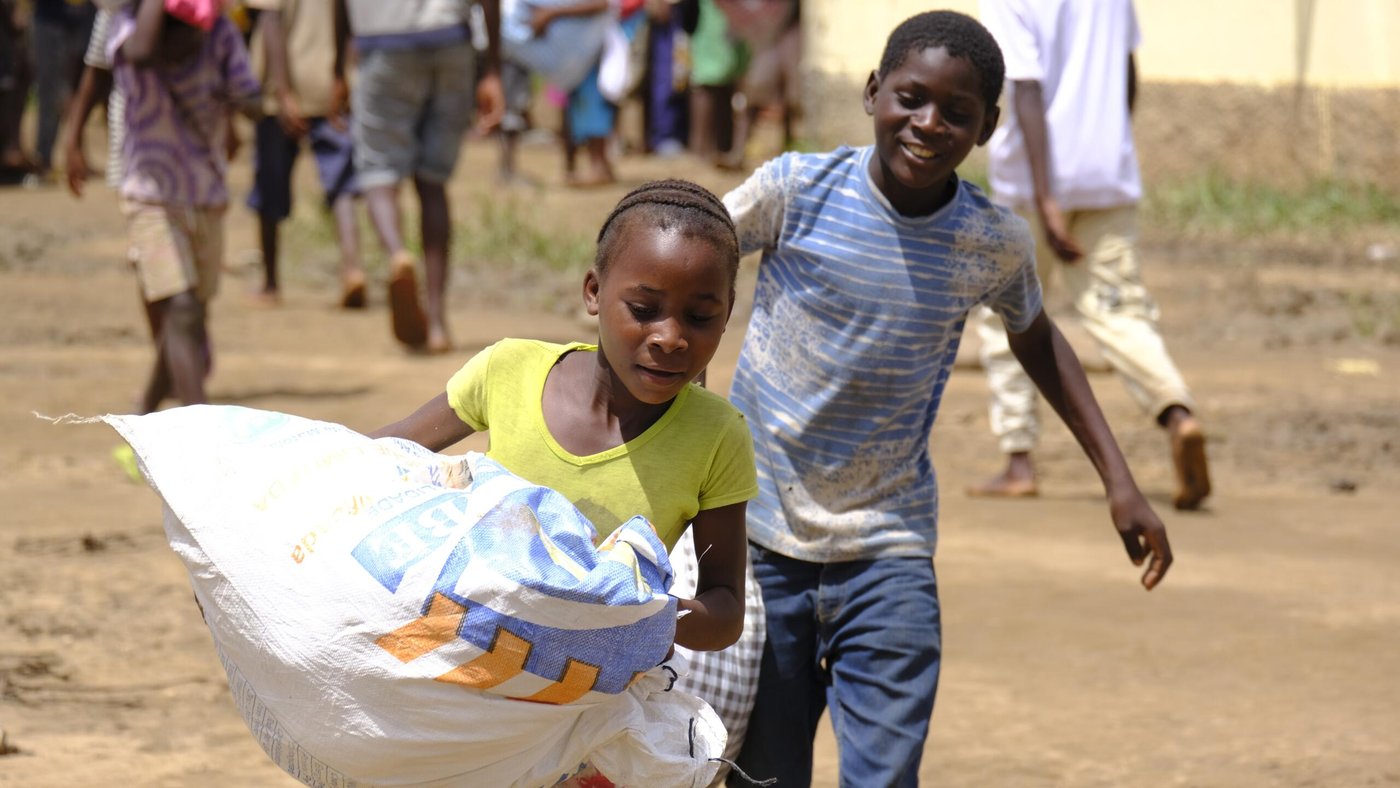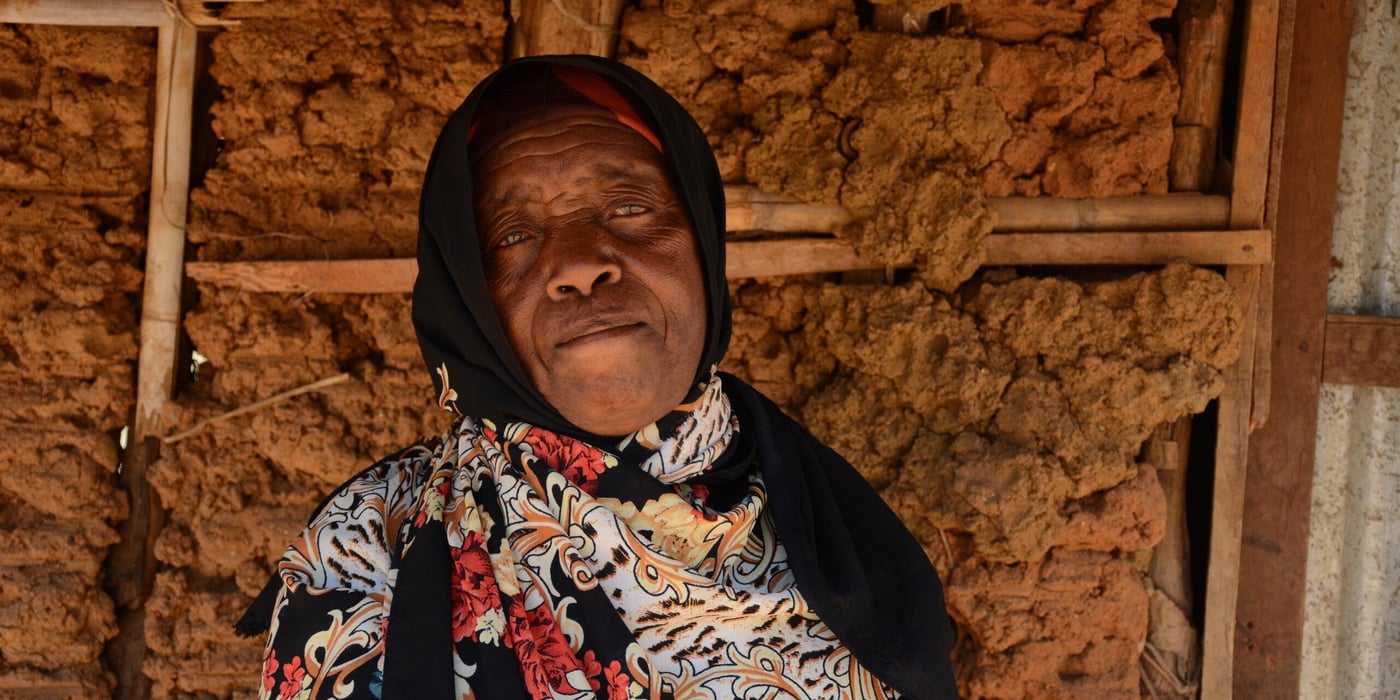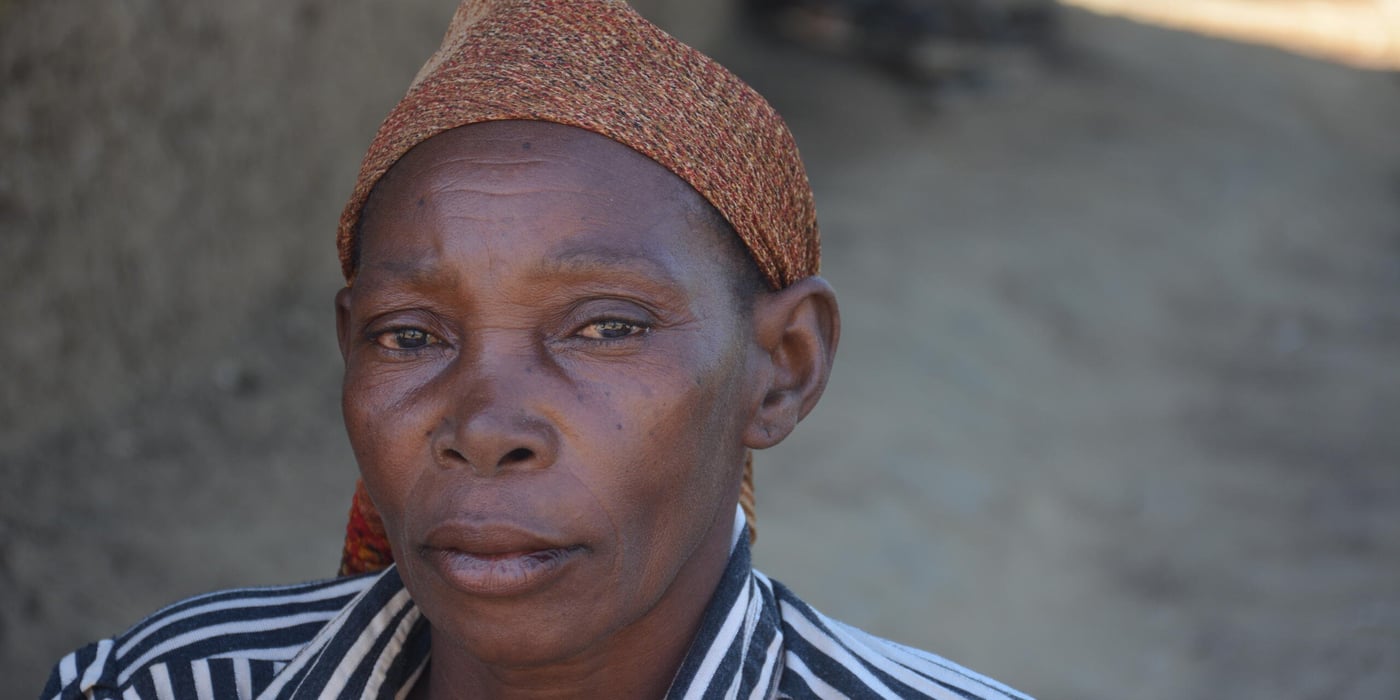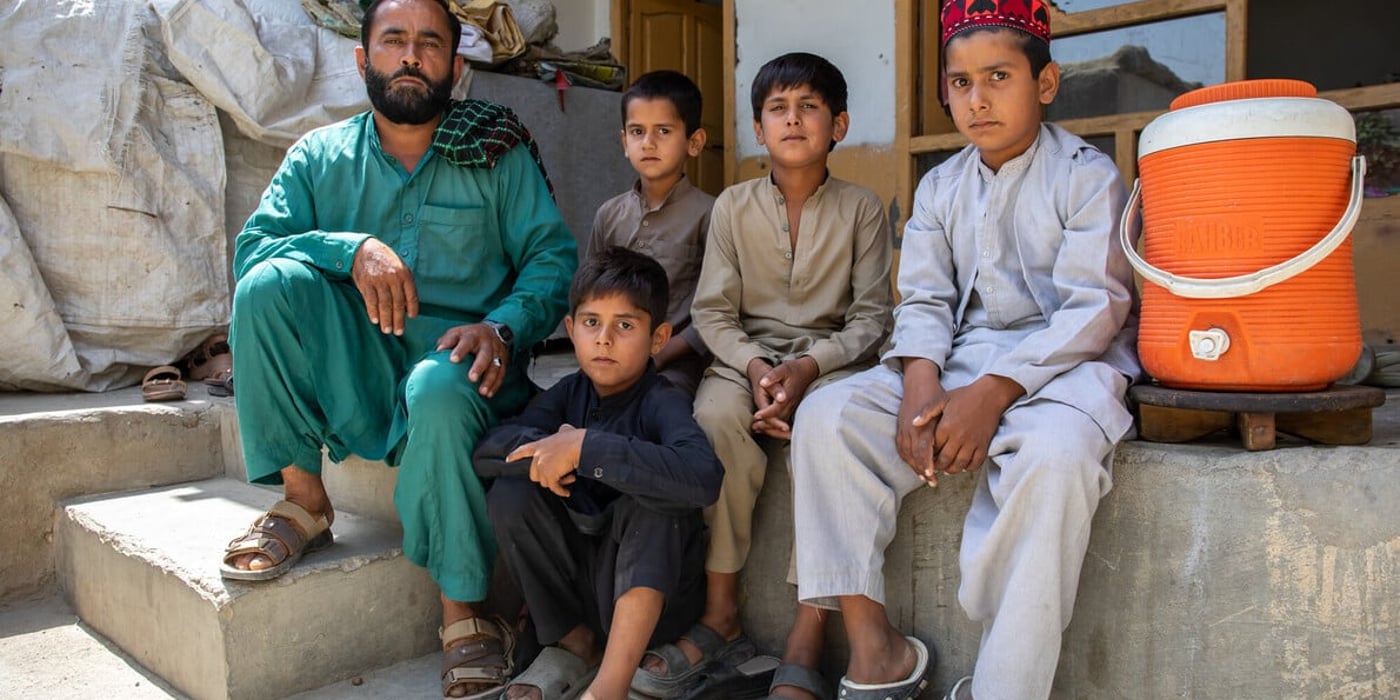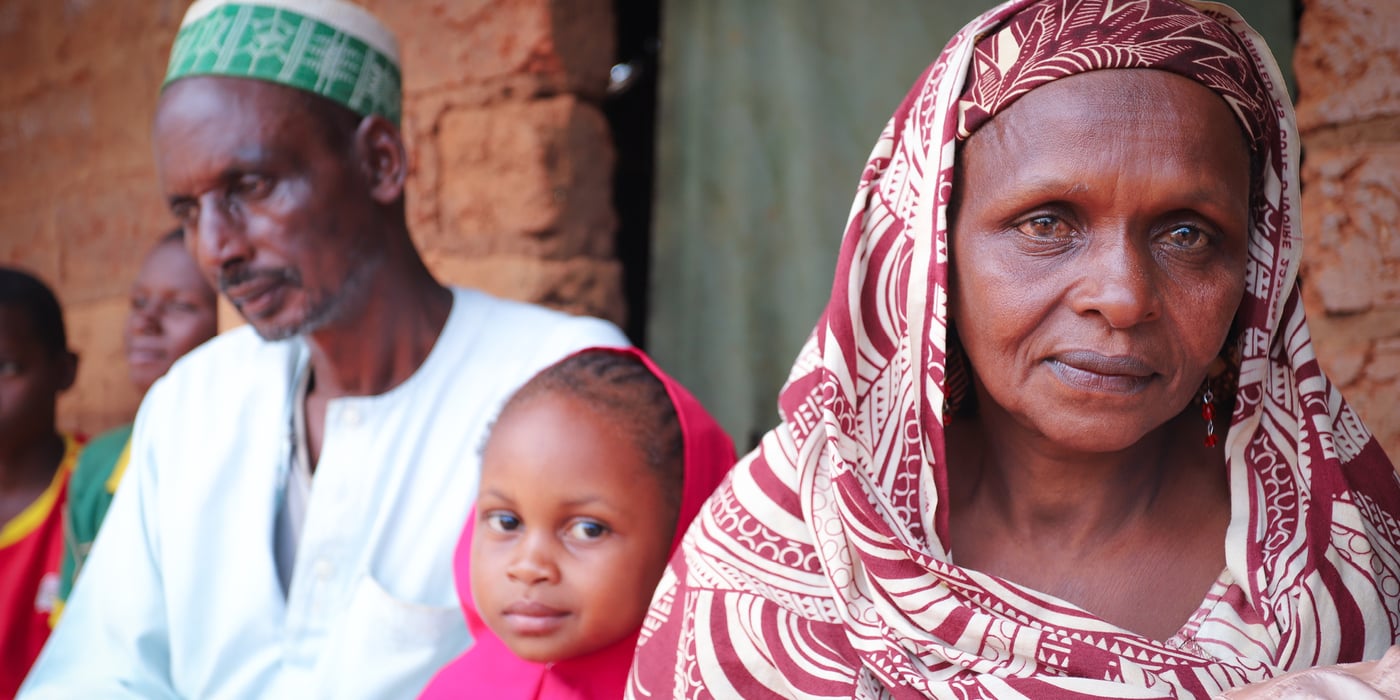The Norwegian Refugee Council (NRC) is doing everything it can to help displaced families and the communities hosting them, particularly in remote and hard-to-reach areas of the country.
What’s happening in Mozambique?
Mozambique has seen a surge in violence in recent years. Marginalisation and economic inequalities, along with major mineral and hydrocarbon discoveries in the Cabo Delgado region, have led to the rise of an armed Islamic State-related group, which is driving huge numbers of people from their homes.
As a result of this violence, the development of industry exploiting natural gas production has been suspended and many other livelihood opportunities have been jeopardised – worsening poverty in local communities. Millions of people have fled in fear and desperation. And although some have now returned home, the ongoing conflict makes it difficult to restart their lives, since schools, hospitals and other essential services aren’t running.
The spring of 2023 brought yet more misery, as Mozambique was hit twice by Cyclone Freddy. This was one of the strongest and longest-lasting tropical storms on record. Heavy rainfall and winds of over 270 km per hour caused widespread devastation and flooding, especially in the Zambezia province – affecting one million people and driving 184,000 from their homes.
Our response
We’re working with our partners in the following areas:
- Shelter and settlements – providing emergency shelter kits, essential household items and technical support for the construction of shelters.
- Water, sanitation and hygiene – providing access to water, sanitation points and hygiene kits in overcrowded displacement sites, where families are at risk of water-borne diseases.
- Livelihoods and food security – improving livelihood opportunities by supporting agricultural production, small business development and socio-economic community action.
- Education – helping children to access formal and non-formal education, training teachers, distributing teaching resources and improving infrastructure within communities.
- Information, counselling and legal assistance – providing legal services to help conflict-affected families obtain national IDs, birth certificates and other vital civil documentation, access basic services, exercise their rights and resolve housing, land and property disputes.
- Policy – working with the government, the National Institute of Disaster Management, UNHCR and IOM to develop legal frameworks for durable solutions, housing, land and property issues, as well as the national strategy and operational plan of action for managing internal displacement.
- Rapid Response Mechanism – deploying emergency teams to underserved and hard-to-reach areas and providing life-saving survival kits that sustain families through the difficult first few days of a crisis.
Our operations
NRC office established: 2021
Areas of operation: Cabo Delgado, Nampula, Zambezia, Maputo
Country Director: Ulrika Blom
Contact: ulrika.blom@nrc.no

Our impact
In 2024, we assisted 118,173 people through our programmes in Mozambique:
-
4,147Education
-
1,999Livelihoods and food security
-
35,965Shelter and settlements
-
44,057Information, counselling and legal assistance
-
39,182Other activities
Note: some people received more than one type of assistance.


